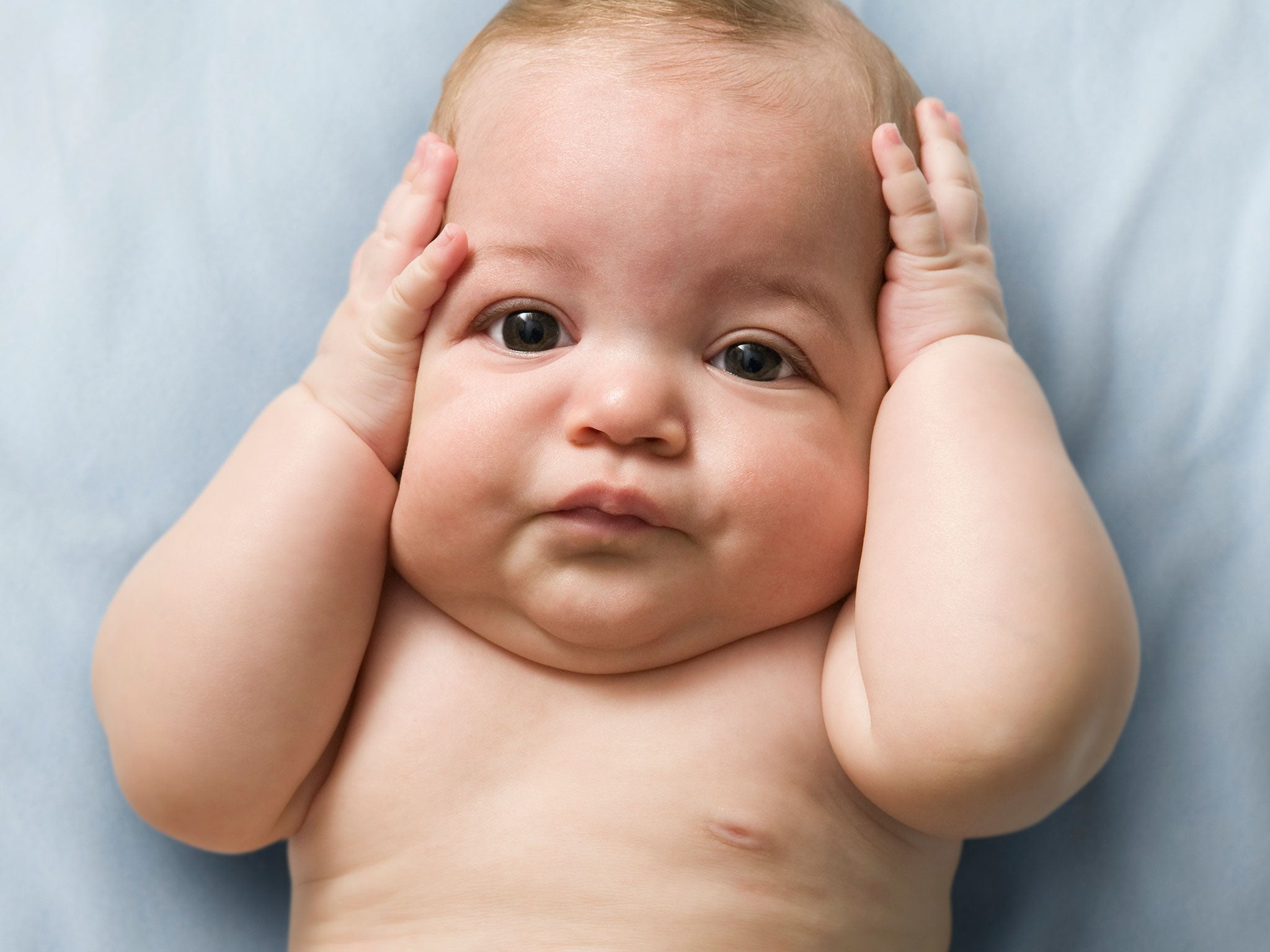Postponing parenthood: Greater happiness for older parents may explain the tendency to wait
New parents aged 35 to 49 experience more happiness in response to the births of their babies than younger fathers and mothers do

Couples who postpone childbearing to later in life experience the highest and most lasting levels of happiness following the birth of their children, new research has shown.
Those between the ages of 35 and 49 showed the most positive response to becoming new parents, whereas those who started a family between 23 and 34 experienced a smaller effect, which dwindled within one to two years after the arrival of their babies. The youngest group studied, those aged between 18 and 22, saw their happiness decrease after becoming mums and dads.
The study's authors, Mikko Myrskylä from the London School of Economics and Rachel Margolis from Canada's Western University, believe their findings could explain why more people are choosing to start their families at a later age.
“The fact that among older and better-educated parents, well-being increases with childbearing, but the young and less-educated parents have flat or even downward happiness trajectories, may explain why postponing fertility has become so common,” Dr Margolis said.
Prospective parents may be observing those around them and copying the family planning approach which appears to bring the greatest contentment.
The general pattern observed amongst all groups of new parents shows an increase in happiness the year before and after the birth of a child, followed by a post-birth dip. The oldest age group was the only one to recover from that dip, indicating a smoother transition into parenthood.
For parents across all age groups, the happiness felt after the birth of each child decreased with the number of offspring they had. The rise in well-being was greatest following the birth of a first child, roughly double that experienced after a second baby. The effect of the arrival of a third child was negligible.
“This is not to suggest they are any less loved than their older siblings,” clarified Dr Myrskylä.
“Instead, this may reflect that the experience of parenthood is less novel and exciting by the time the third child is born or that a larger family puts extra pressure on the parents’ resources.”
The study was carried out in association with the German Institute for Economic Research, and followed English and German parents over the course of eighteen years.
Join our commenting forum
Join thought-provoking conversations, follow other Independent readers and see their replies
Comments